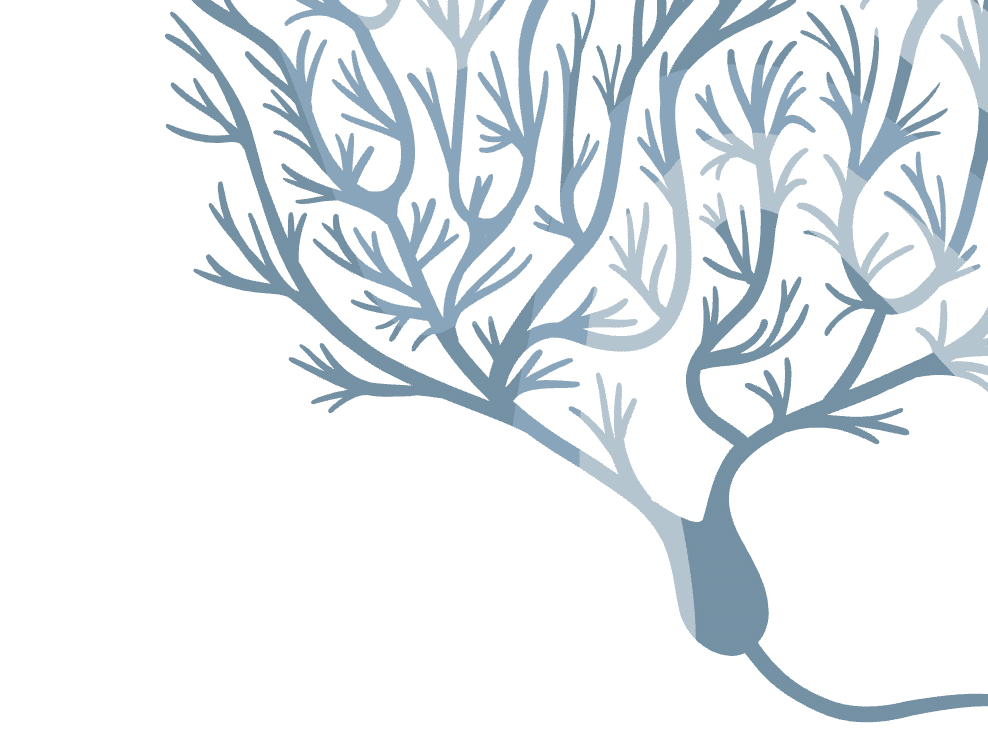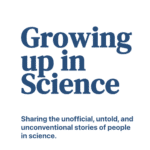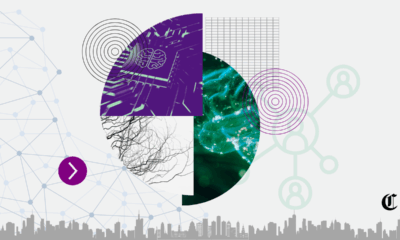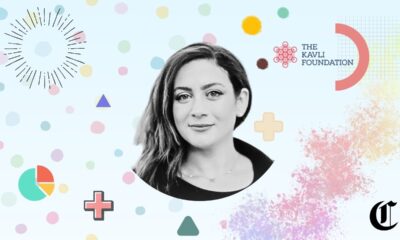Stories in Science Special Series
Robert Froemke: The Official and Unofficial Stories
Dr. Froemke is an Associate Professor in the Department of Neuroscience and Physiology at the NYU School of Medicine. His lab researches how biological systems adapt and learn to improve behavior. The story below was originally published on Growing up in Science. The edited version below is republished with permission from the author.

Robert Froemke
[su_boxbox title=”About”]Dr. Froemke is an Associate Professor in the Department of Neuroscience and Physiology at the NYU School of Medicine. His lab researches how biological systems adapt and learn to improve behavior. The story below was originally published on Growing up in Science. The edited version below is republished with permission from Dr. Froemke. Learn more about Dr. Froemke’s lab HERE. Cover Image by Shari E. Ross. [/su_boxbox]
THE OFFICIAL STORY
[dropcap]I[/dropcap] got a B.A. in computer science from Tufts in 1998. I worked as a technician in Rafa Yuste’s lab at Columbia before performing PhD research with Yang Dan at UC Berkeley on spike-timing-dependent plasticity from 1999-2004. I was a postdoc with Christoph Schreiner and Mike Merzenich at UCSF, working on synaptic plasticity in vivo and obtaining a K99/R00 before starting my lab at NYU in 2010. I received a Pew Scholarship, a McKnight Scholars award, a Sloan award, and an HHMI Faculty Scholars award. I’m a co-director for the Neural Systems and Behavior course at the Marine Biological Laboratory, having been formerly a student in NS&B as well as a Grass Fellow and a student and lecturer in the Methods in Computational Neuroscience course at the MBL.
THE UNOFFICIAL STORY
[dropcap]I[/dropcap] grew up outside Detroit and was the valedictorian of my high school, winning a lot of science fair prizes. Just kidding, I mostly skateboarded with my friends and tried to figure out how to get the heck outta Michigan. I went to art school in Boston (the School of the Museum of Fine Arts) which had no strict curriculum, but one of the artists there was trying to build an early heads-up display for virtual reality, which sounded great but was totally nonfunctional when I arrived. Which was fine, as I could neither draw nor program.

Dr. Robert Froemke
However, the Museum School had a back-door arrangement with Tufts; I started taking Tufts courses exclusively, dropping out of art school while working at a Greek market for a while. After graduating, I applied to NYU’s Center for Neural Science for grad school and was rejected. I moved to Brooklyn and audited courses at Columbia until I ran out of money, and asked one of my professors (Rafael Yuste) if anyone needed a programmer; as it turned out, Rafa himself did. I re-applied to graduate schools, and since Rafa knew Yang Dan from her Columbia days, Yang accepted me to the program and I was her first graduate student. The PhD days were great, and I applied for a postdoc to Mike Merzenich’s lab, but Mike said no and suggested Chris Schreiner at UCSF instead.
Chris was great but didn’t have any money, and so my position was contingent on independent funding. A year and a half and several failed grants later, I was weeks away from being terminated and applying to medical school when the last possible grant application (from Jane Coffin Childs) was funded. I went out on an early faculty job search in 2007 to no avail, and tried again in 2009. Most US schools said no, but a total of five talks at NYU later, there was a position in the otolaryngology department at NYU School of Medicine, and the Skirball Institute had some lab space. Nowadays, I enjoy family life as a dad and husband.
Cover Image by Shari E. Ross.
Metrics
Sessions
Total number of Sessions. A session is the period time a user is actively engaged with the page.
Visitors
Users that have had at least one session within the selected date range. Includes both new and returning users.
Page views
Pageviews is the total number of time the article was viewed. Repeated views are counted.

-
 Audio Studio1 month ago
Audio Studio1 month ago“Reading it opened up a whole new world.” Kim Steele on building her company ‘Documentaries Don’t Work’
-
Civic Science Observer1 week ago
‘Science policy’ Google searches spiked in 2025. What does that mean?
-
Civic Science Observer1 month ago
Our developing civic science photojournalism experiment: Photos from 2025
-
Civic Science Observer1 month ago
Together again: Day 1 of the 2025 ASTC conference in black and white
Contact
Menu
Designed with WordPress
























